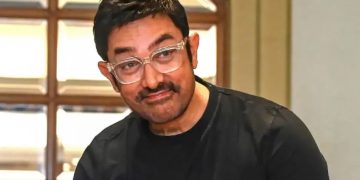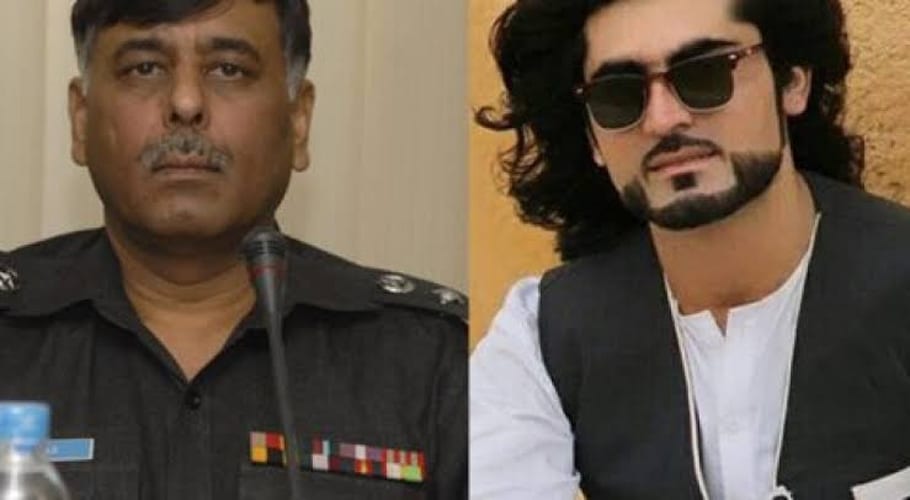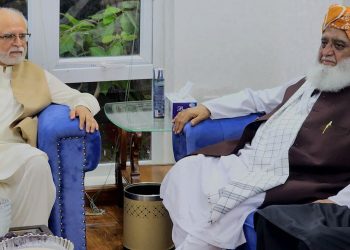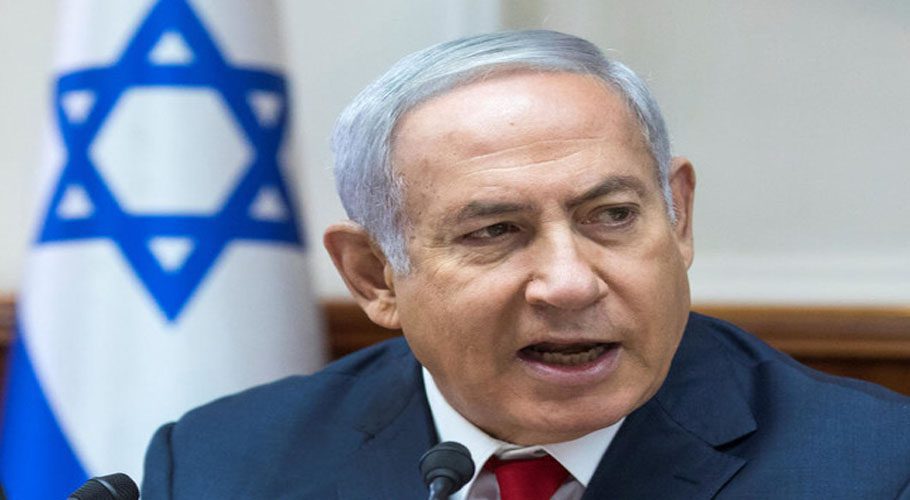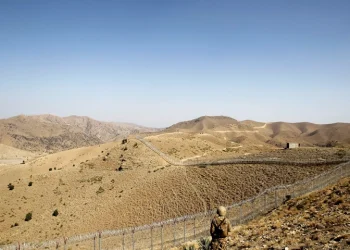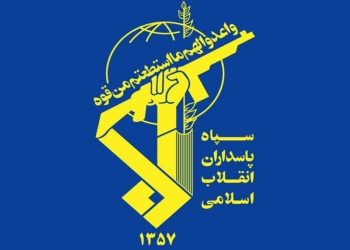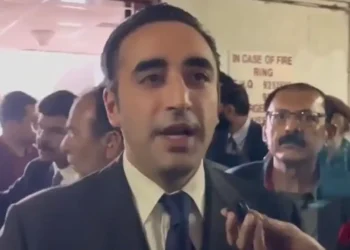KARACHI: An Anti-Terrorism Court has announced the long-awaited verdict in the 2018 high-profile Naqeeb Ullah Mehsud killing case on Monday (today), acquitting SSP-Malir Rao Anwar and other accused in the case. The verdict, which was reserved on Jan 14, was announced by Judge Rashid Solangi of ATC 16.
Also read: US blacklists Rao Anwar for serious human rights abuses
The court took five years to conclude the trial in the matter, which had triggered widespread condemnation and debates on social media about fake encounters in Karachi, particularly by then SSP-Malir Rao Anwar. Some 7 witnesses of the prosecution had retracted their statement over this five year period.
Earlier in the day, the Sindh High Court (SHC) on Monday disposed of the petitioner’s plea to cancel the bail of former SSP-Malir Rao Anwar in high-profile Naqeeb Ullah Mehsud murder.
Also read: Ex-IG Sind sends Rs.50m defamation notice to Rao Anwar
Commenting on the ATC verdict, Rao Anwar claimed that the ‘fake case’ met its end, saying the one killed in the encounter was Naseem, and a wrong picture was circulated all across media. He said “I served the people of Karachi and freed them from the clutches of the oppressors.” He urged authorities to let him serve for one more year (in the police service).
Case Background:
Anwar, along with his around two-dozen subordinates, has been charged with the killing of Naqeeb and three others after dubbing them militants linked to the “Islamic State and Taliban” in a fake encounter on Jan 13, 2018.
In April 2018, a Joint Investigation Team (JIT), formed by the Supreme Court of Pakistan to investigate the murder of Naqeeb Mehsud, has named former Senior Superintendent of Police (SSP) Rao Anwar Ahmed Khan the central person of interest in the staged encounter.
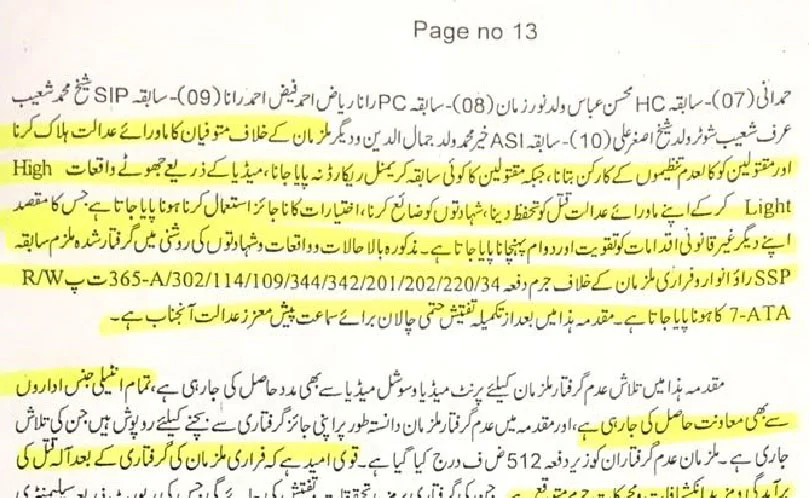
In March 2019, the court had indicted Anwar and his 17 subordinates for the killing four men on the outskirts of Karachi.
In November last year, the former SSP had recorded his statement, alleging that he had been framed in the case due to a ‘departmental rivalry’, but had failed to name any officer in the police department.
During the trial, the court recorded the testimonies of 51 witnesses — including the medico-legal, forensic and ballistics experts, nine private witnesses and police officials produced by the prosecution.






